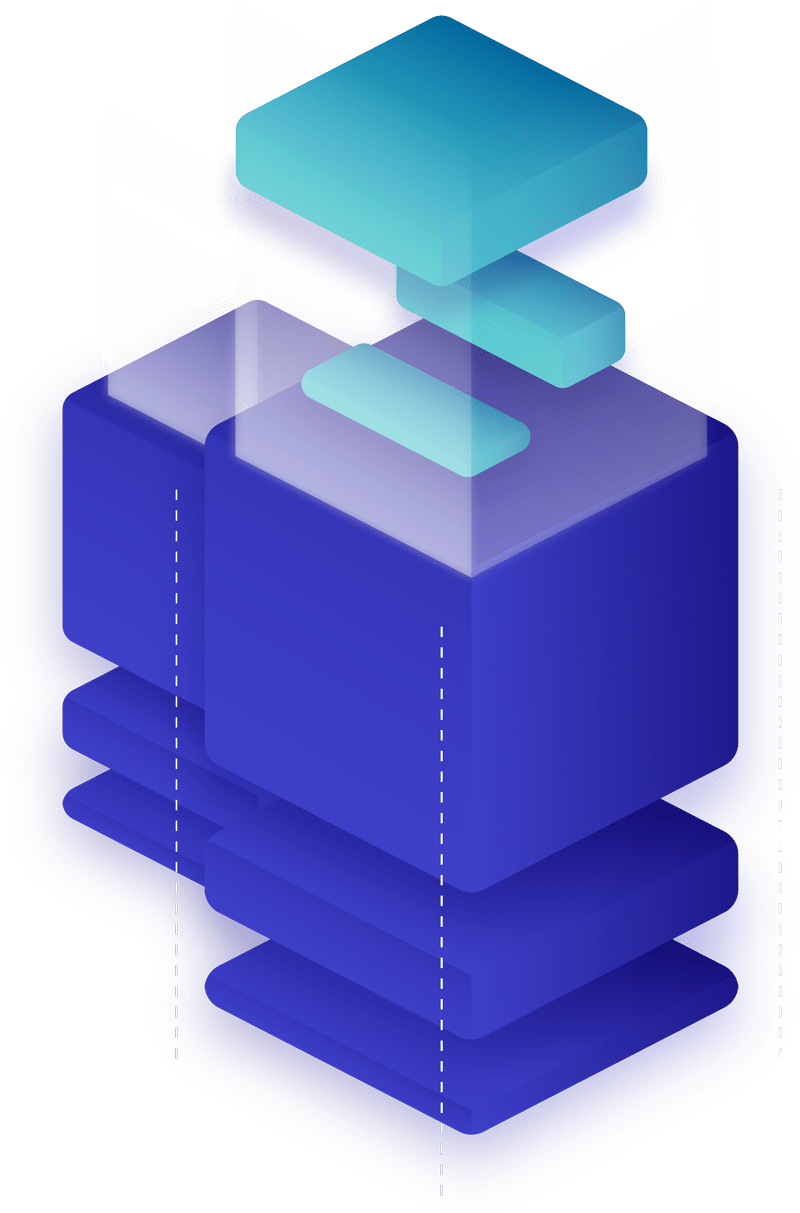Binance Coin BNB

Why Choose Binance Coin BNB?
Choosing Binance Coin (BNB) offers several advantages, particularly for users within the Binance ecosystem. BNB reduces trading fees on the Binance exchange, one of the world’s largest cryptocurrency exchanges, offering significant cost savings. It’s integral to the Binance Smart Chain (BSC), a platform known for its high transaction speed and low fees, making it attractive for decentralized applications (dApps) and DeFi projects. BNB also has a strong use case in token sales hosted on the Binance Launchpad, giving holders access to new and potentially lucrative crypto projects. Additionally, Binance practices regular “coin burns,” reducing BNB’s total supply to increase scarcity and potential value. Lastly, its growing adoption in various financial services, like payments and transactions, reflects its expanding utility beyond just a utility token.
Versatile
Efficient
Growing

How Does BNB Coin Work?
Reduced Fees
Versatile
Scalable
Benefits of Binance Coin (BNB)
Binance Coin (BNB), originally created as a utility token for the Binance cryptocurrency exchange, has evolved into a multifaceted asset with numerous benefits, underscoring its growing significance in the broader crypto landscape. A primary advantage of BNB is its role in reducing transaction fees on the Binance exchange. This feature is particularly appealing to frequent traders, as it not only lowers trading costs but also enhances the overall efficiency of transactions. BNB’s utility extends to the Binance Smart Chain (BSC), where it is used to pay for transaction fees. BSC is known for its high-speed transactions and low fees, making BNB essential for users and developers engaging with decentralized applications (dApps) and smart contracts on the platform.
The token’s versatility is further highlighted in its use for various financial activities, including trading, payments, and investments in new projects via the Binance Launchpad. This breadth of use cases has contributed to BNB’s increasing adoption and demand. Binance’s practice of quarterly “coin burns,” where a portion of the BNB supply is permanently removed from circulation,
adds a deflationary aspect to the token, potentially enhancing its long-term value.
Furthermore, BNB is steadily gaining traction in the decentralized finance (DeFi) sector. Its integration into various DeFi platforms and projects reflects its versatility and utility in the rapidly evolving DeFi space. This integration not only diversifies BNB’s use cases but also exposes it to a wider audience, enhancing its adoption and market relevance.
BNB’s growing ecosystem, which includes partnerships and collaborations with various entities, continues to expand its utility and reach. The commitment of Binance to continually develop and innovate its ecosystem ensures that BNB remains at the forefront of the crypto space, adapting to changing market needs and user preferences. This adaptability, coupled with its established role in a leading crypto exchange, positions BNB as a dynamic and promising digital asset with multiple benefits for users and investors alike.
Introduction to Binance Coin (BNB)
Introduction
Binance Coin (BNB) is the native cryptocurrency of the Binance ecosystem, one of the world’s largest and most popular cryptocurrency exchanges. Launched in 2017 through an Initial Coin Offering (ICO), BNB was initially an ERC-20 token on the Ethereum blockchain before migrating to Binance’s own blockchain, the Binance Chain.
Background and Development
Binance Coin was created by Binance, founded by Changpeng Zhao (CZ). Initially, BNB’s primary function was to offer a discount on trading fees to users paying with the token on the Binance exchange. However, its utility has significantly expanded since its launch.
How Binance Coin Works
Token Migration:
BNB moved from Ethereum’s blockchain to the Binance Chain, a blockchain developed by Binance, ensuring faster transactions and more efficient token swaps.
Utility Token:
BNB is used to pay for trading fees on the Binance exchange, transaction fees on Binance Chain, and is also used in token sales on the Binance Launchpad.
Binance Smart Chain:
BNB powers the Binance Smart Chain (BSC), a parallel blockchain that enables smart contract functionality and decentralized application (dApp) development.
Unique Features of Binance Coin
Deflationary Mechanism:
Binance implements a quarterly “burn” of BNB, reducing its total supply, which can increase scarcity and potential value over time.
Versatility in Use Cases:
Beyond trading discounts, BNB is used for various financial services, including loan collateral, travel bookings, and entertainment services.
Governance:
BNB holders can participate in community governance decisions on the Binance Chain.
Benefits of Binance Coin
Reduced Transaction Costs:
Using BNB for transactions on Binance significantly reduces fees, making it attractive for frequent traders.
High Liquidity:
Being associated with one of the largest exchanges, BNB typically enjoys high liquidity.
Growing Ecosystem:
BNB’s utility extends beyond the Binance exchange into the broader Binance ecosystem, including BSC and various partnerships.
Strong Community Support:
Binance has a large, active community, providing strong support and trust in BNB.
BNB Tokenomics
Supply Cap:
The total supply of BNB was initially set at 200 million tokens, with a plan to reduce the total supply to 100 million through coin burns.
Token Distribution:
The distribution was done through the ICO, team allocation, and various community initiatives.
Applications and Use Cases
Trading:
BNB can be traded on various cryptocurrency exchanges.
Decentralized Finance (DeFi):
With the launch of BSC, BNB is increasingly being used in DeFi applications.
Non-Fungible Tokens (NFTs):
BNB is also being used in the burgeoning market of NFTs.
Cross-Border Payments:
BNB facilitates quick and low-cost cross-border payments.
Binance Smart Chain (BSC)
Smart Contract Capability:
BSC enables the creation and execution of smart contracts, competing with Ethereum.
Ethereum Compatibility:
BSC is compatible with Ethereum Virtual Machine (EVM), allowing developers to easily port their Ethereum-based projects.
Staking and Yield Farming:
Users can stake BNB to participate in network security or engage in yield farming.
Challenges and Criticisms
Centralization Concerns:
Binance’s control over BNB and BSC has raised questions about centralization.
Regulatory Challenges:
Binance faces regulatory scrutiny in various countries, which could impact BNB.
Market Competition:
BNB competes with other cryptocurrencies and smart contract platforms, like Ethereum.
Future Prospects
Continued Ecosystem Expansion:
Binance’s ongoing development and expansion of its ecosystem could increase BNB’s utility and adoption.
Technological Advancements:
Advancements in blockchain technology and scaling solutions could further enhance BNB’s performance.
Global Adoption:
As Binance expands globally, BNB could see increased usage and adoption.
Innovation in DeFi and NFTs:
BNB’s role in DeFi and NFTs is likely to grow, offering significant potential.
Conclusion
Binance Coin (BNB) has evolved from a simple utility token for discounted trading fees to a central component of the expansive Binance ecosystem. Its utility ranges from reducing transaction costs to enabling a wide array of applications on Binance Smart Chain. BNB’s role in DeFi, NFTs, and across the broader blockchain ecosystem highlights its potential as a versatile and valuable digital asset.
Despite facing challenges related to centralization and regulatory scrutiny, BNB’s strong market presence, backed by Binance’s robust infrastructure and community, positions it well for future growth. The ongoing development of the Binance ecosystem, coupled with broader trends in cryptocurrency and blockchain technology, will play a critical role in shaping BNB’s trajectory in the coming years.
